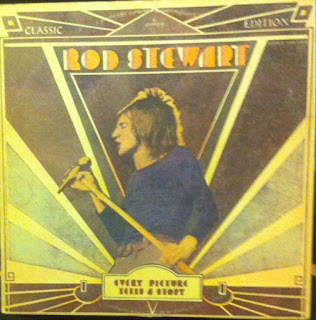"Made In Sweden" is a tribute to Swedish Rock scene of the 60's and 70's.
The late 60's was a time of protest and possibility. In the footsteps of social and political upheaval followed a cultural revolution that breathed new life into the music scene throughout the Western World. Music took many different forms and barriers between genres were largely ignored.
It was a visionary and utopian way of making music, progressive both in theory and practice.
At the time Western ideology took a beating as a result of liberation struggles throughout the world and, most importantly, the Vietnam War.
In Sweden, these forces were consolidated in many ways, sharing common cultural expressions. More often than not, their outlet was that of a musical nature.
International Harvester, Gunder Hägg and bands of that ilk took the first stumbling steps in I he late 60’s, but they initially played mostly for the intellectual and cultural crowd.
In May 1970, a two day festival was organized at "Lilia Teatern" in Lund. It was the first of its kind. Featured acts were Träd, Gräs och Stenar, Gunder Hägg, Peps Persson and an early incarnation of Nationalteatern.
It was "part picnic, part demonstration," as Gunder Hägg drummer Leif Nylén would later remember.
However, the actual breakthrough was the first Gärdet Festival, held between June 12th-14th, 1970.
Artists and bands came from all over Sweden to perform. For organizers, acts and audience alike, it came as a considerable surprise that many of the performers expressed political awareness through their music.
Festival organisers included Bo Anders Persson (Träd Gräs Och Stenar) and Sten Bergman (Atlantic Ocean). Troubles with authorities led the intended location to be moved several times.
In the end, the festival was held without the necessary permissions, leaving Bergman to be charged with holding an illegal gathering. He was later fined in court.
The creative climate also spawned the first two substantial "alternative" record labels in Sweden, "MNW" and "Silence".
The new alternative scene eventually became known as the Progressive Music Movement - in Swedish most often abbrivated as progg. The term "progg" really had nothing in common with the prog rock of UK bands like Yes, ELP and Genesis, where the music was complex and played by highly skilled musicians.
Many of the Swedish progg bands, on the other hand, were only mediocre musicians at best and encouraged the audience to play along by including chord sheets and lyrics with their albums. Instead, progressive came to mean the content of the lyrics.
These typically had a strong left-wing slant, focusing on topics like social revolution or the negative effects of capitalism.
We know that some artists are out of "Made In Sweden" but soon we will be back with them.
I want to thank http://esp.paullee.ru/, http://musikon.se/, http://www.progg.se about the information that we collected.



















